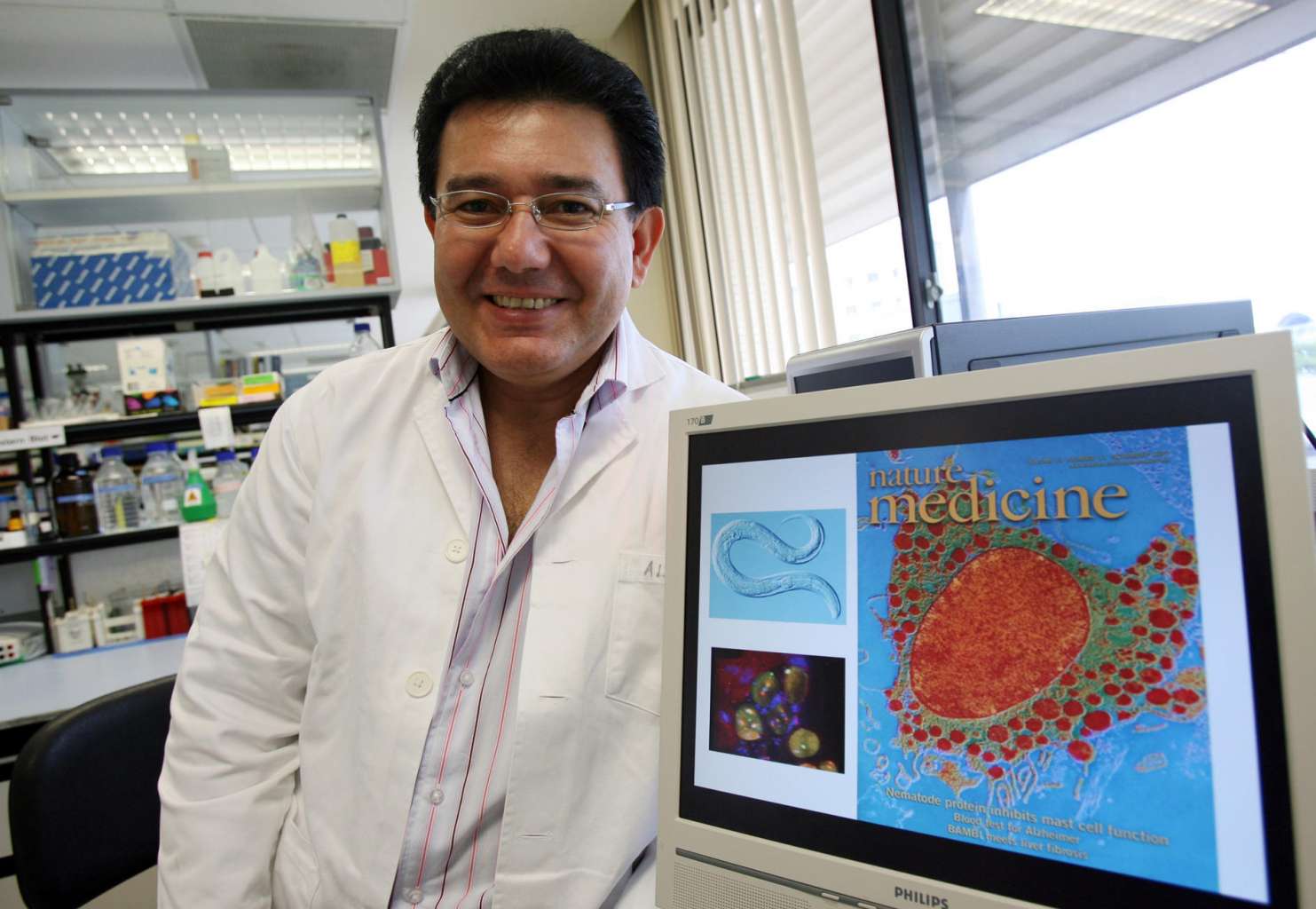Scandals in the scientific community
Sign up now: Get ST's newsletters delivered to your inbox

Dr Alirio Melendez seen in a file photo taken in 2012.
PHOTO: ST FILE
The tower of scientific exploration and discovery is periodically shaken by tremors of research misconduct in both academic and industry labs.
Take the example of Ms Haruko Obokata of top Japanese research organisation Riken, who lost her PhD last year and whose collaborator committed suicide after discrepancies were found in her data and others were unable to reproduce her purported success in reprogramming adult cells to function as stem cells.
Singapore's scientific community is not immune either.
Major research malpractice cases in the past include that of Dr Simon Shorvon, who was fired from his position as head of the National Neuroscience Institute in 2003 for conducting tests on Parkinson's disease patients without their informed consent.
In 2012, the National University of Singapore uncovered evidence of fraud in 21 papers authored by Dr Alirio Melendez, resulting in at least five retractions.
Two years later, the university was compelled to review its recruitment process after it emerged that former faculty member Anoop Shankar had faked his credentials.
And earlier this year, while investigations on the myostatin scandal were ongoing, it was reported that Nanyang Technological University had retracted 11 papers authored by Dr Noel Chia and his colleagues on the topic of special education, over ethical doubts and lack of primary data to authenticate their research.
Lin Yangchen


